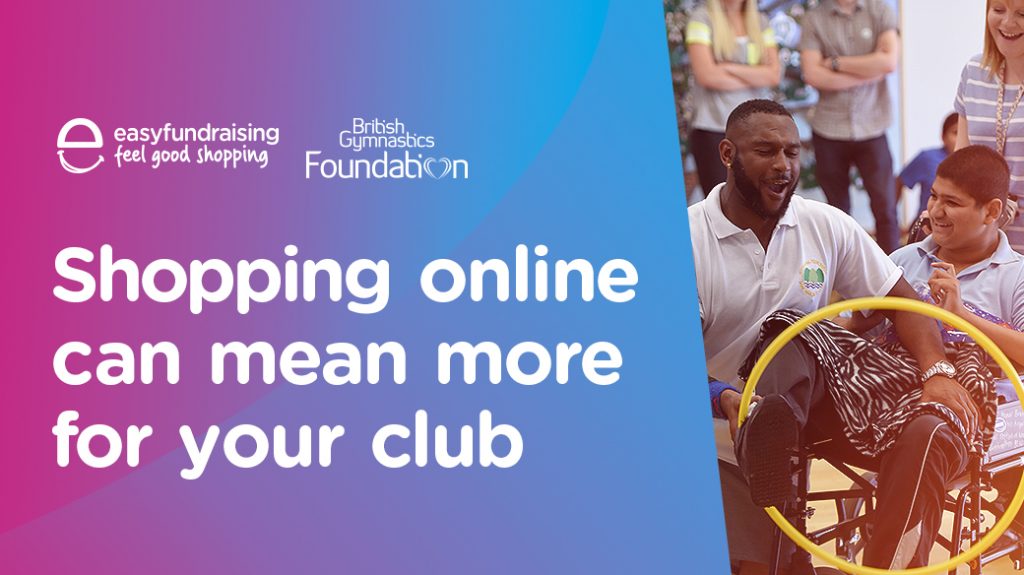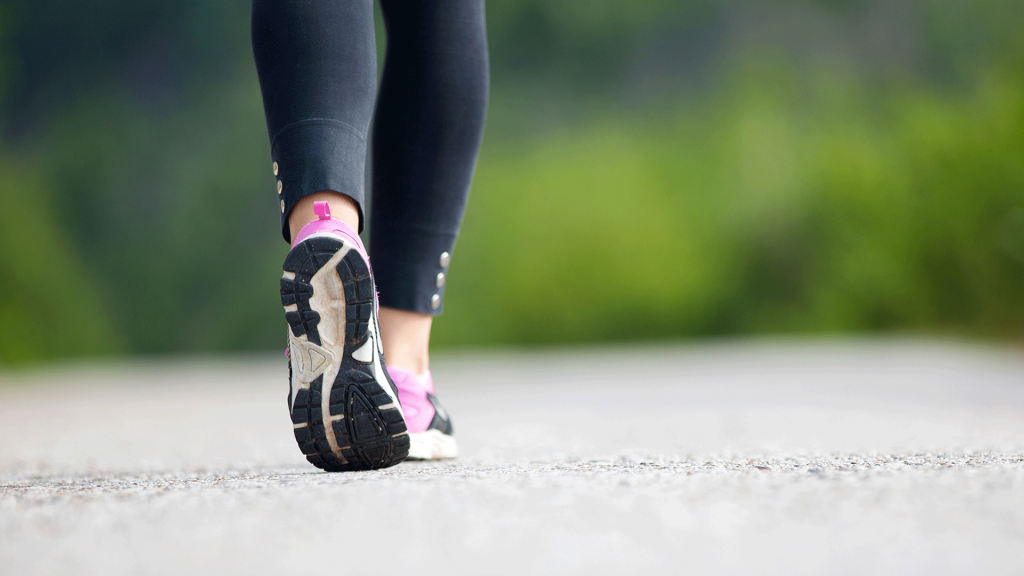Nikki’s Story
Mark Gettinby is the owner of Home Instead in Havant who specialise in care at home for the elderly. Nikki was working for Home Instead when she attended a Love to Move taster session. Being passionate about helping people living with dementia and following the taster session, Mark and Nikki both completed their Love to Move training in July 2020 and were ready to set up their community Love to Move group by September.
Nikki described ‘First timers’ to the session as having closed body language and being suspicious or ‘not sure’, but within 2-3 weeks that completely changed. “One chap comes in a wheelchair and on the 3rd session he picked up his wife’s arms and danced with her! Another participant couldn’t clap and after 3 weeks was clapping again.”
Within weeks there is a difference!
Feedback from families has been unreservedly positive and carers and loved ones enjoy it as much as the participants. “They get just as much from the session as the people they bring. Different people’s skills and abilities flourish in different sections of the sessions.”It was so successful that they soon had a waiting list.
Nikki is now working as an NHS Dementia Coach, supporting those who have not left the house in a long time to engage in the community Love to Move sessions, so Naomi from Home Instead and Rosanna are now running the sessions.
Naomi said, “it is a vibrant, busy class. We have found that the attendees have greatly improved their fine motor skills and language/memory recall. The community centre manager always comments: ‘This is miracle work! Some of the people start the class barely able to talk and within weeks there is a difference.’”
“There is one lady in particular who we feel has shown amazing growth during her time with us. When she started, she didn’t say a word and couldn’t do many of the activities and now she is fully engaged, tries really hard and is a regular contributor to the alphabet activity.”
Effective link between the care sector and medical services
Nikki is full of praise for Naomi and Rosanna “having such warmly positive deliverers is essential to the successful running of this class” and she feels that the achievements in the class are in part due to the effective link between the care sector and medical services. “Both Home Instead and the GP practices are keen to keep people safe and socially connected whilst living at home”.
“As a Dementia Coach having a class to direct patients towards is a fantastic way of encouraging social engagement and purposeful safe physical activity. Having Love to Move strengthens the ‘umbrella of care and safety net of support’ for patients with memory concerns within this area.”
Improving abilities and cognition pathways through Love to Move is a very important element in keeping participants happy and well.
Nikki says “Love to Move is like an awakening of enjoyment – Delivering it is the most incredible high, richly, joyously positive. You really change people’s emotional state – getting smiles back and engagement has been a complete privilege”.
Nikki Shepherd, Love to Move deliverer and NHS Lead Health & Wellbeing Specialist Dementia Coach & Educator, Havant & Waterlooville Primary Care Network.
Could you train to deliver?
If you’d like to train to become a Love to Move deliverer or would like to link up with your local deliverer, please get in touch with us by emailing [email protected]

